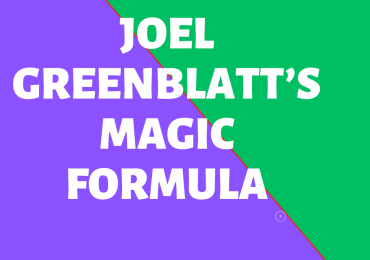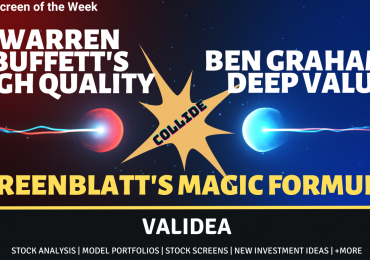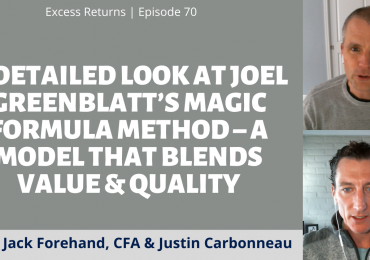The more you try to do with your portfolio, the worse your returns will often be, according to hedge fund guru Joel Greenblatt.
In a column for Morningstar.com, Greenblatt explains why investors who tried to implement his “magic formula” investing plan by themselves have fared worse than those who have asked for the plan to be professionally managed. And he says that “the best performing ‘self-managed’ account didn’t actually do anything. What I mean is that after the initial account was opened, the client bought stocks from the list and never touched them again for the entire two year period. … I don’t know if that’s good news, but I like the message it appears to send — simply, when it comes to long-term investing, doing ‘less’ is often ‘more.'”
Greenblatt offers a handful of reasons why self-managed investors tend to underperform. They include:
Self-managed investors avoid buying many of the biggest winners.
“Most people and especially professional managers want to make money now,” Greenblatt explains. “A company that may face short term issues isn’t where most investors look for near term profits. Many self-managed investors just eliminate companies from the list that they just know from reading the newspaper face a near term problem or some uncertainty.” Unfortunately for them, Greenblatt says, many of those stocks end up being the biggest winners.
Many self-managed investors change their game plan after a strategy underperforms for a period of time.
A case in point, Greenblatt says, can be found in the best-performing mutual fund of the 2000s. While the fund gained 18% per year during a period in which the broader market was flat, the average investor in the fund actually lost 11% per year, he says, “because of the capital movements of investors who bailed out during periods after the fund had underperformed for awhile”.
Many self-managed investors buy more AFTER good periods of performance.
“Most investors sell right AFTER bad performance and buy right AFTER good performance. This is a great way to lower long term investment returns,” Greenblatt says.





